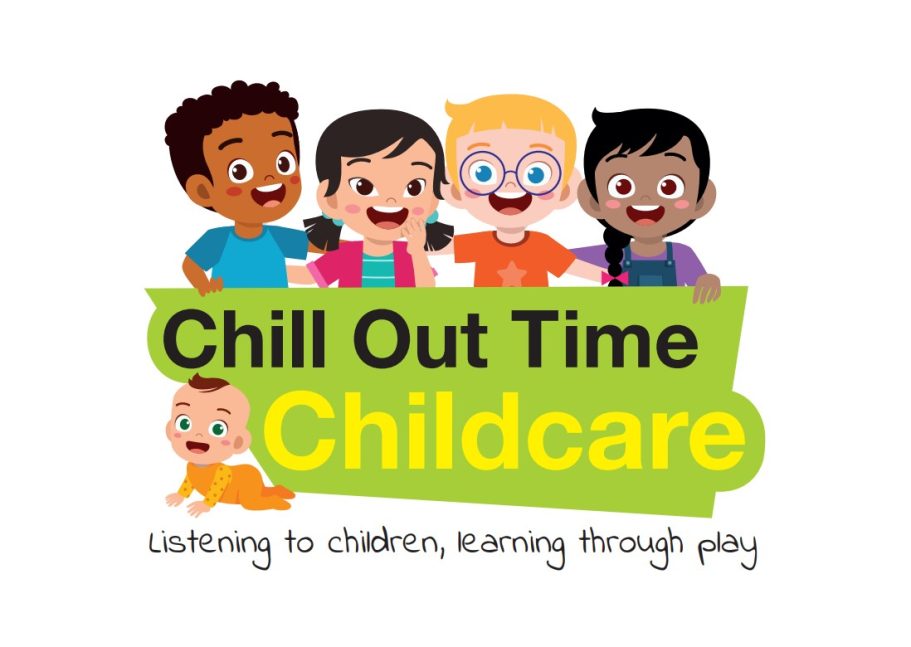OUR PLAY STATEMENT
Chill Out Time Childcare has play and child centeredness at the heart of its curriculum.
Play is a necessary part of child development. Play allows rich development in self-esteem and confidence. In addition, areas of child development including neuro-development, are enhanced and progress becomes evident.
Chill Out Time Childcare aim to facilitate the children to plan play spaces where such development can take place and aim to extend children’s learning and development.
We aim to provide a variety of spaces, resources and challenges, yet to include well-balanced adult-initiated activity to support children in their play and development whilst allowing fun, and freely chosen play.
In our out of school clubs we believe that children’s free time is their OWN time, and as an out of school club this time should be valued.
We believe that children’s play is vital to their learning and development.


THE VALUE OF PLAY
Staff value children's play. They have a strong understanding of what they want children to learn. This strong curriculum intent is clear as staff play alongside children and support their learning. For example, they demonstrate counting as older children play throw and catch with balls or build with blocks. This helps children to develop their mathematics skills further.
Chill Out Ofsted Inspection (2021)
WHY IS PLAY SO IMPORTANT?
Play in early childhood
Play in early childhood has been shown to influence the way the child’s brain develops. The neural and chemical reactions in the brain, created by the act of playing, support the development of coordinated physical and mental capabilities. The way in which parents play with their young children can also have an effect on their behaviour as they develop and there is some evidence that children whose parents play with them are less likely to have behaviour problems later on. In addition, active play in early childhood helps build strong bones, muscle strength and lung capacity and, whilst playing, children use their physical skills in spontaneous ways that help them develop sophisticated physical skills and coordinated movements
Play Scotland (2025)


The Right To Play
Article 31 of the U.N. Convention on the Rights of the Child, states that children have a right to play.
WHAT IS PLAY?
- CHILDREN are the foundation of the world’s future.
- CHILDREN have played at all times throughout history and in all cultures.
- PLAY, along with the basic needs of nutrition, health, shelter and education, is vital to develop the potential of all children.
- PLAY is communication and expression, combining thought and action; it gives satisfaction and a feeling of achievement.
- PLAY is instinctive, voluntary, and spontaneous.
- PLAY helps children develop physically, mentally, emotionally and socially.
- PLAY is a means of learning to live, not a mere passing of time
International Play Association 2025
Contact
Contact us for more information, and to book your visit in with us.
Telephone: 07930354832
E-mail: info@chillouttimechildcare.com
HEAD OFFICE ADDRESS: Surestart Family Hub, Western Avenue. Seaton Delaval, NE25 0EP.
© Copyright. All rights reserved.
We need your consent to load the translations
We use a third-party service to translate the website content that may collect data about your activity. Please review the details in the privacy policy and accept the service to view the translations.
